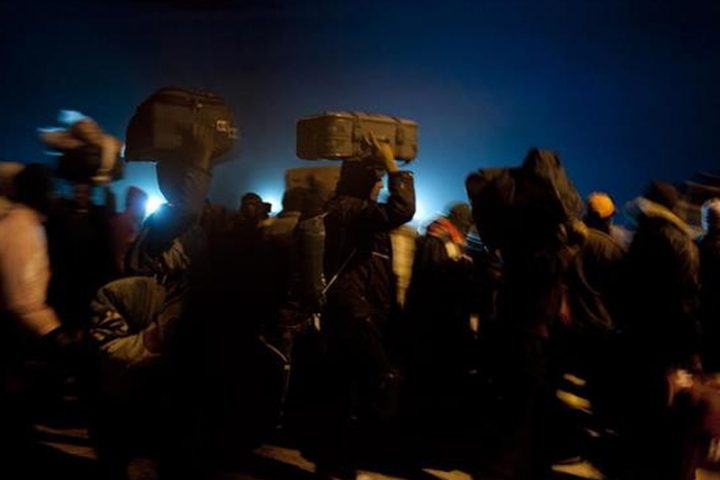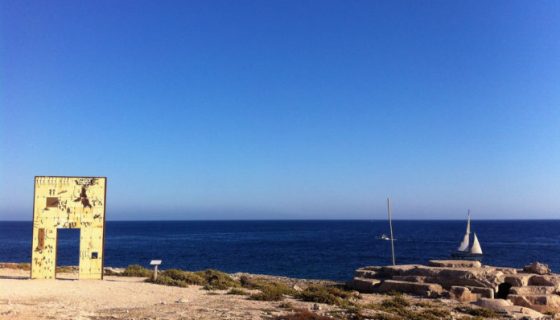- Mediterranean Hope - Federazione delle chiese evangeliche in Italia
- mh@fcei.it
Immigrants Cheated Again
by Stefano Liberti, journalist from Internazionale, March 18th 2015 The idea of opening in some African countries centres to process EU asylum applications has been increasingly debated in Brussels and other European capitals. Launched by the Italian government during its presidency in 2014 and known as the “Khartoum process”, this proposal is supported by German Interior Minister Thomas de Maizière and French and Austrian governments. Theoretically, this idea would have some positive consequences, as pointed out by Luigi Manconi, President of the Human Rights Committee of the Italian Senate and a strong supporter of the initiative. The proposal “would avoid the illegal crossing of the Mediterranean and the risks involved in it. It would place asylum seekers in different European countries based on limited and balanced numbers. What is the real objective of this proposal though? And, above all, is it feasible? Foregoing initiatives similar to the Italian proposal raised bewilderment: When in 2011 the war broke out in Libya, thousands of refugees fled to Tunisia, where the Choucha centre was set up not far from the Libyan border. It was an ante litteram example of the centres now Europe is debating about. The asylum requests were examined in the presence of UNHCR and IOM officials. Those entitled to protection obtained a green light “to resettle” abroad. In Europe? Not really. Out of 3,167 applicants who had been granted asylum rights, approximately 2,600 were accepted by United States, and only a few dozen by Sweden, Norway and Germany (the only European countries that have accepted asylum seekers). Italy, which received reunification requests from five refugee families with relatives in our country, took more than a year to issue the necessary visas – even though, according to our laws and international treaties, they were entitled to the status of asylum seekers. Numbers tell a different story. After the outbreak of the war, 18 thousand persons lived in Choucha. What happened to them? Many, tired of waiting for their request to be examined, went back to Libya or boarded a boat to Italy. What if these centres become dead-end streets as Choucha? Moreover, to avoid sea crossings, we should make it possible to apply for asylum at the embassies of the countries of transit rather than in mega-centres set up ad hoc. The Khartoum process does not look like a tool to stop human traffickers and fairly distribute refugees among all member states. It rather seems conceived to delegate the management of immigration flows to third countries with dubious democratic credentials.





